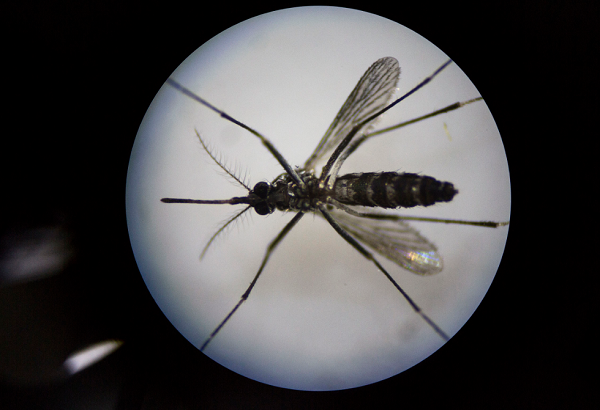Zika Virus Symptoms: New Pictures Show Most Severe Brain Damage In Infected Fetuses

A new medical report revealed the clearest depiction to date of how severely the Zika virus damages the brain of a fetus.
A group of neurologist in Boston and northeastern Brazil recently published the series of images as a part of their latest Zika study for Radiology. According to one of the medical team members, Dr. Deborah Levine of Beth Israel Deaconess Medical Center in Boston, these images may be the most descriptive pictures yet that will help doctors understand the magnitude of what they may see while treating babies infected with the virus.
New research links #Zika virus with severe brain abnormalities. Via RSNA News: https://t.co/Z4ryUeP6r5 #OBRad pic.twitter.com/IpK3QwfeHY
— RSNA (@RSNA) August 23, 2016
“The images show the worst brain infections that doctors will ever see,” Levine said to NPR. “Zika is such a severe infection [in fetuses]. Most doctors will have never seen brains like this before.”
“Our goal is to illustrate for health care professionals around the world what they could expect to see with a Zika infection during pregnancy.”
Since Zika’s outbreak, Levine says most of the studies conducted have focused primarily on microcephaly – a condition in which babies are born with very small heads. However, Levine says that defect is just one small fraction of the damage Zika can do to a baby’s brain.
“We’ve illustrated some of those other problems in the study,” she said, noting one particular baby in the study who was born with a normal sized head. “But when you look inside the brain, there’s very little brain tissue present.”
Images of the fetus’ brain at 36 weeks of pregnancy revealed the brain was filled with fluid, which resulted in the child’s head appearing to be normal-sized. The baby was also missing parts of the nervous system including sections of the brain stem, the spinal cord and the midbrain, which controls eye movements and processes information from the eyes and ears. The baby’s skull was also flattened with extra skin around the head, which the study says could have been caused from the skull collapsing on itself after the brain stopped growing in early development.
Researchers analyzed images of 46 fetuses and babies, including a set of twins, born to mothers infected with Zika during pregnancy. The study included pictures from 93 ultrasounds, 23 MRI and 41 CT scans taken at Instituto de Pesquisa in Campina Grande State Paraiba in northeastern Brazil. Autopsies were also performed on babies who died shortly after birth.
The images come just as the deadly virus has spread to yet another area of Florida.
According to NBC News, Zika has now popped up in a third area of the state, Pinellas County, which is the peninsula of Clearwater and St. Petersburg.
See all the photos from the study HERE.
© Copyright IBTimes 2024. All rights reserved.






















